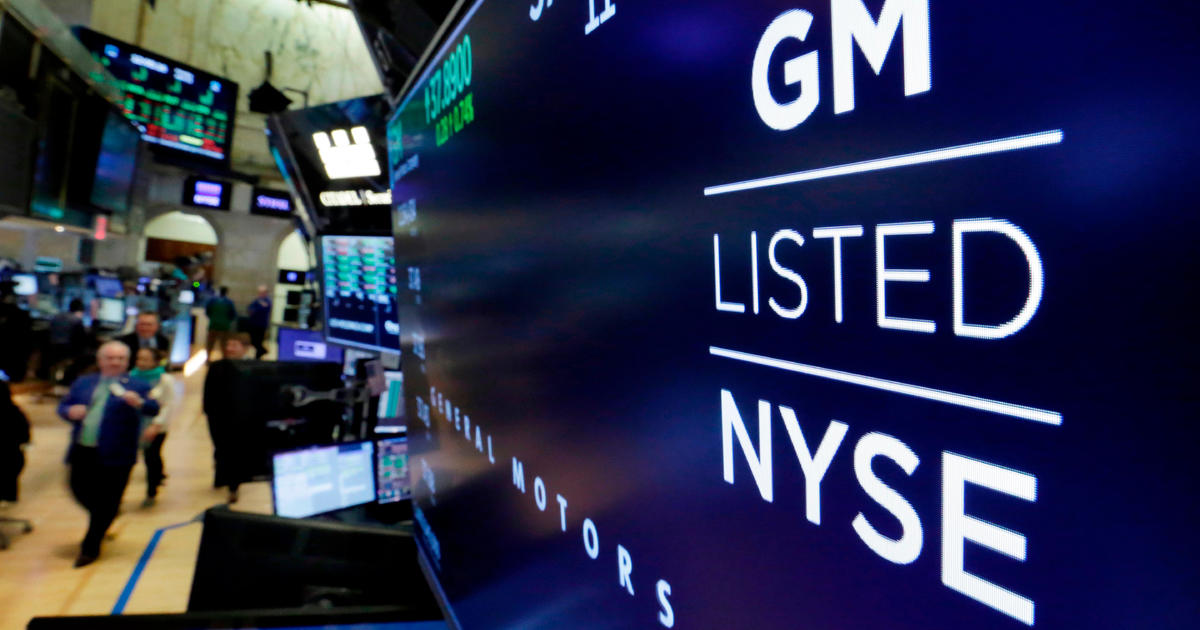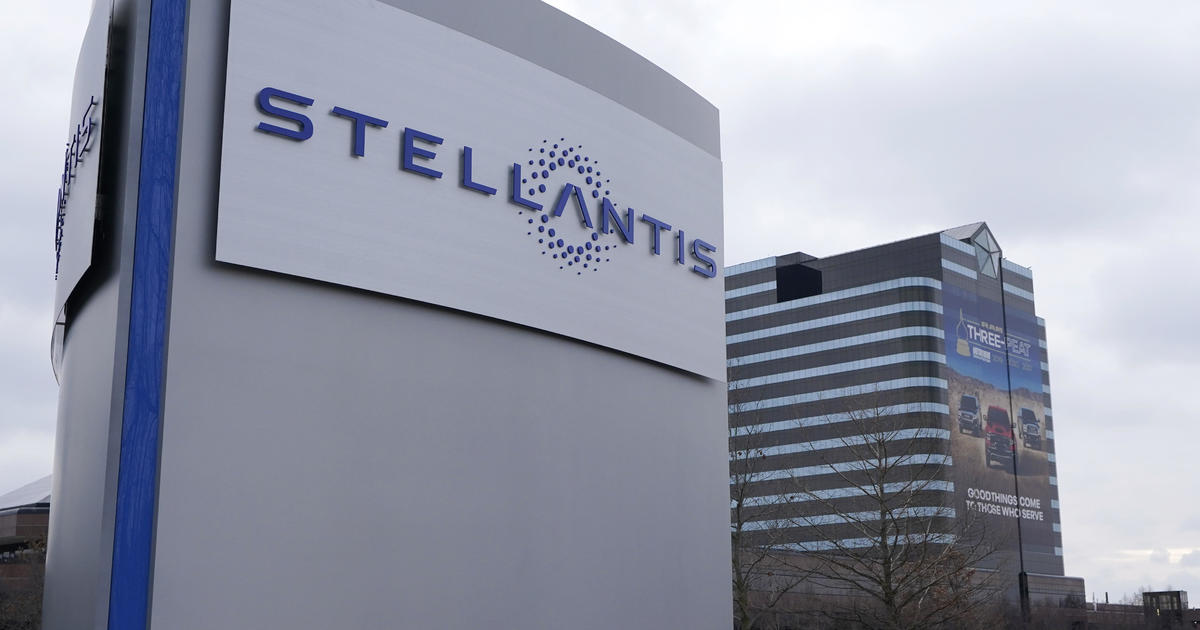GM To Raise Car Prices Due To Oil, Metal Costs
DETROIT (WWJ) - General Motors Co. said Monday it will raise car and truck prices by an average of $123 per vehicle to make up for its increased oil and metal costs.
The company is the third major automaker to raise prices in the past three weeks because of higher costs, signaling that the surge in crude is starting to affect car prices for consumers. Ford Motor Co. and Toyota Motor Corp. both announced price increases in March and early April.
The GM increases, which affect nearly all Buick, Chevrolet, Cadillac and GMC models, will go into effect in the U.S. starting May 2. The higher prices are limited to the United States, spokesman Tom Henderson said.
Other automakers likely will hike prices, too, because all are experiencing the same cost increases, said Martin Zimmerman, a former Ford executive and now a professor at the University of Michigan Ross School of Business.
But Zimmerman questions whether the higher prices will stick.
"My guess is that with still-weak employment in the economy as a whole and still-weak auto demand, price increases are not likely to spiral up and cause a generalized inflation problem in the next few months," he said. He added that automakers could offset the price increases with rebates and low-interest financing.
While car companies are on pace to sell 13 million cars and trucks in the U.S. this year, up from 11.6 million in 2010, they are still far below the 16-million level reached in the middle of last decade.
Overall, the Producer Price Index, which measures price changes before they reach the consumer, rose 0.7 percent last month and is up 5.8 percent over the past year, the Labor Department said last week. Food prices eased slightly in March after having risen in the previous month by the most in 36 years.
Excluding volatile food and energy, inflation at the wholesale level was relatively modest last month. There were some signs that could change. New car prices rose by the most in nearly two years.
GM, Toyota and Ford all said higher oil and steel prices played a big role in their increases. Oil prices have climbed steadily since November, touching more than $113 this month, the highest since the recession. The surge is due to uprisings in Libya and the Middle East.
Oil prices affect the cost of plastic parts and tires, as well as filling cars with gas before they are sold.
GM's increase of roughly 0.4 percent was unrelated to a shortage of auto parts made by earthquake-damaged factories in Japan or anticipated shortages of models from Japanese and other automakers, Henderson said.
Toyota on March 31 announced price increases of 1.2 percent to 2.2 percent on most 2011 Toyota, Lexus and Scion models. Ford also announced an average U.S. price increase of 0.4 percent, or $117 per vehicle.
Toyota said its mid-year price increases were in part due to higher costs of materials, competitive prices and other rising costs. The increases were decided well before the March 11 earthquake in Japan, a spokesman said.
Ford attributed the price hike to increased raw material costs.
Chrysler Group LLC spokesman Ralph Kisiel said the company has no plans to raise prices at this time. Messages were left for spokesmen at Nissan Motor Co., Honda Motor Co. and Hyundai Motor Co.
Shares of GM fell 28 cents, or 0.93 percent, to $29.96 in late afternoon trading. The stock hit $29.91 in early trading Monday, its lowest price since the company returned to the public market on Nov. 18 following bankruptcy protection.
Copyright 2011 by The Associated Press. All Rights Reserved.



